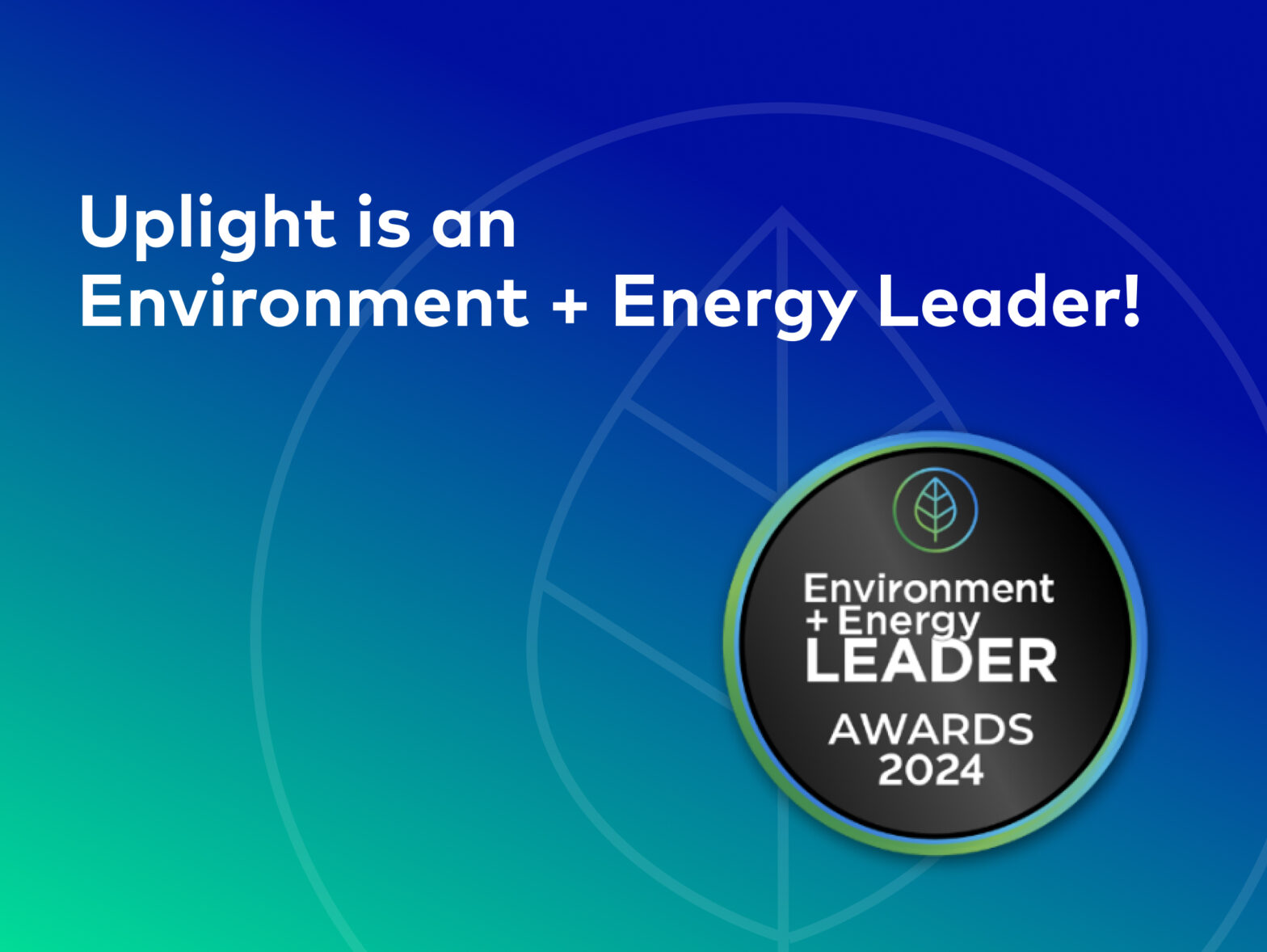Shareholders and Stakeholders Should Both Be Served by the Modern Company
Over dinner last weekend a friend and I were discussing one of our favorite local restaurants. The trendy taco spot was out of his favorite option, and the owners said due to the recent drought they couldn’t source a key ingredient locally, and so they regretfully had to drop the very popular – and profitable – item. My buddy was taken aback; while he appreciated their commitment to local sourcing, he wondered why they didn’t advertise this practice to get some marketing value out an often profit diminishing decision. Their response was pretty simple: this wasn’t about marketing and making money, it was about staying true to their values.
On the drive home I reflected a bit about how we in the energy industry approaches this issue. Utilities provide a much less trivial product than hipster tacos, and as such have already been heavily regulated. But given the recent questions about the effectiveness of current regulatory approaches and the potential restructuring the business models in the energy industry it might make sense to expand the conversation some interesting ways.
A number of industries have contemplated the need for success metrics beyond returns to shareholders, from “Corporate Social Responsibility” and “Triple Bottom Line” performance in the ‘90s to current conversations around “Environmental, Social, and Governance. (ESG)” At Uplight, we have looked to address our founders and investor commitment to a more holistic worldview by incorporating as a certified public benefits corporation and pursuing certification as a “B-corp,” a for-profit company with an explicit societal purpose in our charter.
Turns Out Lots of Folks are Having These Conversations
Our dinner discussion also.immediately brought to mind last month’s much publicized announcement from – and the backlash to – the Business Roundtable, in which it suggested shareholder primacy should be balanced with broader shareholder concerns. The group of CEO’s response to a growing zeitgeist of interest in ESG was seen very differently by various groups. A few (very few, actually) welcomed the statement on its face value. Some, like the Council of Institutional Investors, outright denounced it as grossly misguided. Others dismissed the statement as hollow, either simple marketing, insufficiently ambitious, or perhaps a cynical play to position themselves favorably in the face of potential new regulatory demands. We at Uplight, along with a subset of fellow B-corps, provided a prominent and encouraging, but nuanced, response, an offer to engage with those companies to discuss the approach we’ve taken to acknowledge and manage what turns out to be a very complex set of issues.
The Economist published one of the more thoughtful assessment of just how challenging a shift away from shareholder primacy for corporations would be, ultimately declaring in an accompanying editorial that “However well-meaning, this new form of collective capitalism will end up doing more harm than good.”
It further seems to dismiss the B-corp model, as although it provides a compelling framework for how companies might state and be held accountable for performance beyond profits, “not many big companies have applied.” But not only is that only at best only half a critique, it misses the opportunity to assess an alternate path between shareholder primacy at one extreme and corporatism in place of democratically elected government regulation on the other. The path of a B-corp doesn’t pit shareholder and stakeholders interests against each other in a zero-sum game.
It’s not Shareholders OR Stakeholders, it’s Shareholders AND Stakeholders
Perhaps counterintuitively, expanding focus to keep stakeholders top of mind alongside shareholders drives increased long term value for both groups. It’s less about dividing the pie, and more about growing the pie. Deliberately responding to, and even better, anticipating stakeholder needs is the very approach to spur the innovation necessary for sustainable growth in profits and economic value.
At Uplight our purpose, mission, and five year strategic goals are not meant simply as a form of virtual signaling to our customers, partners, employees, and regulators, but also a clear direction on where and how to focus our creative talents. We aren’t set up to solve all the world’s problems, but instead focus on a challenging but manageable subset – delivering new products and services that save consumers money and reduce the carbon footprint of utilities. When we look to new commercial or product development opportunities, we can quickly filter out those that do not meet this criteria. It also provides direction for innovation – if ideas on increased profitability are elusive in a given circumstance, we can brainstorm around our other goals, and then screen on which of those will have potential for profit. While some may believe that shortcuts and cynicism are effective business strategies, it not much of a logical leap that betting on, rather than against, prevailing societal norms offers a better risk-reward profile.
Are we perfect? Far from it – we have yet to invest in evaluating our supply chain and internal operations for carbon footprint, something that has lingered on the “to-do” list for longer than many of us would like. There is also probably more we might do on some non-environmental metrics as well – organizing our somewhat ad hoc community engagement practices comes to mind. And more fundamentally, we need to figure out how to more readily incorporate our stakeholder interests into our departmental level goals that cascade from the top level strategy. These and other improvements will come with time, given the make-up of our colleagues.
As a highly professionalized for-profit we aim to reach our lofty growth goals with financial metrics the most straightforward metrics to plan for and track, so we start there. Our social mission provides us grounding for setting our targets, a set of boundary conditions/principles, and screening tools for evaluating our proposed investment plans. It also organically supports a collaborative culture–encouraging us to challenge each other in highly constructive ways. We have found that these social goals are not a net cost, but a net benefit to our ability to innovate, and therefore our top and bottom lines, providing us focus, motivation, alignment, and buy-in as we apply our individual and collective creativity to the enterprise.
Social Responsibility and Stakeholder Responsibility Mean Different Things to Different Organizations – and that is Just Fine (and Maybe the Point!)
The B-corporation structure itself doesn’t ask us to solve all the world’s problems as catalogued by some external authority; the certification process provides the flexibility to hit some baseline business practices around community, product, supply chain, employees, etc. It allows us to put our focus on a particular area in which we can make a particularly impactful contribution. Danone, Athleta, and Patagonia are very different companies than Uplight, and so our application and scoring looks different. But we are all equally committed to and valued parts of the alternative paradigm of doing well by doing good.
You Can’t Overstate the Value of Being a Place People Want to Work for, and With
Our mission, validated by our status as a public benefits corporation, not only helps in recruiting top talent, but also opens doors and sets the tone for all the conversations we have with clients, partners, suppliers, regulators, trade associations, and other important stakeholders. It is a great differentiator– allowing us to more readily tell not only the Uplight story, but our own individual stories, building trust and opening the door for more collaborative interactions.
I’ve personally been very fortunate to have a strong sense of mission throughout my career in the energy industry, and a combination of ability and luck to find opportunities at public, private, and non-profit organizations allowing me to work towards that mission. I’ve worked with many incredible colleagues and partners in those world-class organizations, but I’ve never had as much confidence in our ability to make substantive and sustainable change, nor the excitement about reaching our aggressive financial growth targets, as I have here at Uplight. Our focus on the broader social purpose of the Uplight vision is not a distraction from, or a complication for, but a fundamentally empowering feature of ability to assemble the resources, build the relationships, and unleash creativity necessary to deliver outstanding shareholder returns.
We love sharing this perspective, debating approaches, and supporting others committed to ensuring capitalism continues to evolve to meet our broader societal challenges. Please reach out (twitter: @tanujdeora) if you’d like to continue the conversation, or come find me at Chaia Tacos in Georgetown where I’ll be talking to some like-minded business leaders next weekend.





